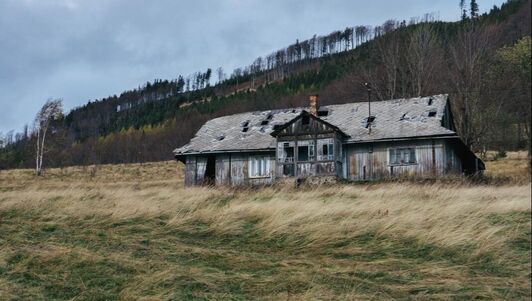|
By Anya Shukla This book is stunning. Machado has a way of crafting similes and pulling disparate words together in such unique, poetic, gorgeous ways. I fangirled over basically every other sentence. Review: In “In the Dream House,” Carmen Maria Machado chronicles her relationship with an emotionally abusive woman—how their interactions devolved from something beautiful to an ugly and devastating situation. Along with providing personal anecdotes, she discusses the broader history of abusive relationships within the queer community, primarily attacking the myth that women cannot be perpetrators. Machado’s writing immerses one into her life; the sentences— “you would gladly drown that way, giving permission (pg. 57)—grab and don’t let go. A beautiful book with a powerful message. My Rating: 5/5. What I Loved: The framing of the memoir. Machado starts “In the Dream House” by exploring history: whose stories get erased, and what is the impact of these gaps in historical memory? Specifically, she analyzes the lack of queer relationships in the media… especially abusive relationships. If we have never seen a story where a woman was the abuser, never heard of abuse within a same-sex relationship, or confine our definition of abuse to physical violence, we normalize dangerous situations. In this sense, “In the Dream House” fills in some of that history; this book is an act of reclamation and power. To that end, Machado also incorporates elements of the folk tale genre—one of our earliest histories and storytelling traditions. And while modern-day, Disneyfied fairy tales seem benign, their earliest versions were bloody and grotesque: “the Little Mermaid has her tongue cut out of her head” (pg. 88). Machado embeds “In the Dream House” with tropes from these stories; the grim romances serve as the throughline of her own abusive relationship. To me, it feels like she is rewriting folk tales, filling in the past to ensure a better future. What I Didn’t Love: The only tiny thing I didn’t enjoy would be the ending. “In the Dream House” ends like ashes being blown away on the wind… there isn’t a sense of closure. It makes sense for the memoir and Machado’s reality; I just prefer my books wrapped up neatly. BIPOC Book Connections: Somewhat like what Viet Thanh Nguyen with the Vietnamese people in “The Sympathizer” (BIPOC Book #36), Machado strives to showcase the humanity of the queer community. By expanding representation—showcasing the good, the bad, the ugly—we can holistically portray a marginalized group, not just create a caricature. “We deserve to have our wrongdoing represented as much as our heroism, because when we refuse wrongdoing for a group of people, we refuse their humanity,” Machado says. “That is to say, queers—real-life ones—do not deserve representation, protection, and rights because they are morally pure or upright as people. They deserve these things because they are human beings, and that is enough” (pg. 114). Throughout “In the Dream House,” Machado fears playing into stereotypes about lesbian women if she were to tell people about her abuse: “the last thing queer people need is bad fucking PR” (pg. 281). If the media had normalized the humanity of queer people, perhaps it would have been easier for her to confide in someone. A Quote I Would Like On Goodreads: “Art has always had a balancing effect on your mind; it is a reminder that you are more than a body and its accompanying grief” (pg. 254). Up next: “Caste: the Origins of Our Discontents” by Isabel Wilkerson.
0 Comments
Your comment will be posted after it is approved.
Leave a Reply. |
Archives
February 2023
Categories
All
|

 RSS Feed
RSS Feed